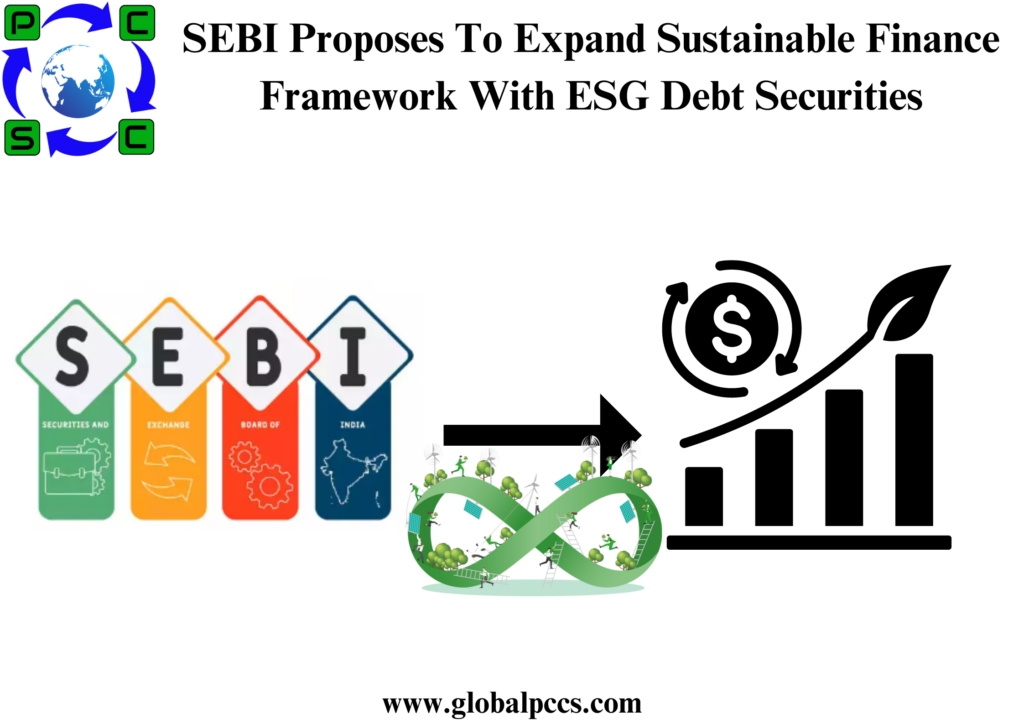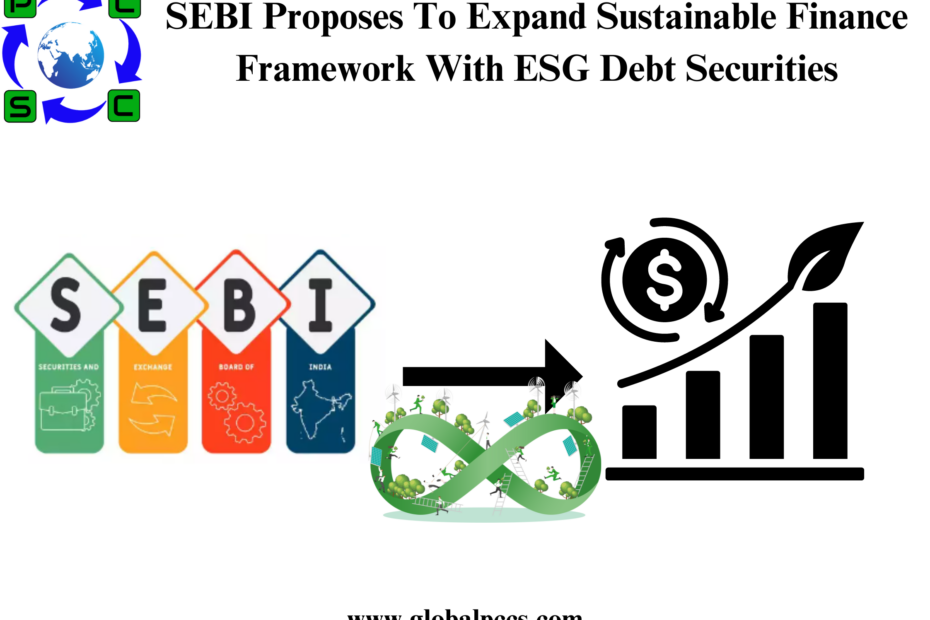 SEBI has proposed the introduction of ESG debt securities, expanding the current sustainable finance framework to include Social, Sustainable, and Sustainability-linked Bonds.
SEBI has proposed the introduction of ESG debt securities, expanding the current sustainable finance framework to include Social, Sustainable, and Sustainability-linked Bonds.
Indian market regulator Securities Exchange Board of India has proposed to expand the sustainable finance framework in the securities market with issuance of ESG debt securities.
The Securities and Exchange Board of India (SEBI) has proposed an expansion of the sustainable finance framework within the securities market, specifically through the introduction of Environmental, Social, and Governance (ESG) debt securities. This move is aimed at providing issuers with greater flexibility in raising funds for projects that align with ESG objectives, broadening the scope beyond the existing green debt securities.
Expanding the Sustainable Finance Framework
SEBI’s proposal introduces a new category of ESG debt securities, which includes Social Bonds, Sustainable Bonds, and Sustainability-linked Bonds, in addition to the already existing Green Debt Securities. This expansion is designed to support a wider range of projects that meet environmental, social, and governance criteria. By allowing issuers to tap into these new forms of bonds, SEBI aims to foster a more inclusive sustainable finance market in India.
Ensuring Transparency and Credibility
To maintain the integrity of these new financial instruments, SEBI has recommended that issuers of ESG debt securities and sustainable securitized debt instruments appoint an independent external reviewer or certifier. This external party will be responsible for providing second-party opinions, verification, certification, or scoring/rating to ensure transparency and credibility in the issuance of these bonds. Furthermore, initial disclosures about these securities will be required in the offer documents, with ongoing disclosures mandated in annual reports or other prescribed formats.
Conclusion: SEBI’s proposal to expand the sustainable finance framework with the inclusion of ESG debt securities is a forward-looking initiative that has the potential to significantly enhance the role of the Indian securities market in supporting sustainable development. By broadening the scope to include Social, Sustainable, and Sustainability-linked Bonds, SEBI is not only providing issuers with greater flexibility but also aligning the Indian market with global trends in sustainable finance. The emphasis on transparency and the involvement of independent reviewers further highlights SEBI’s commitment to fostering a credible and trustworthy market for these new financial instruments.








 Authorised IMDS & CDX Training & Consulting partner for
Authorised IMDS & CDX Training & Consulting partner for






